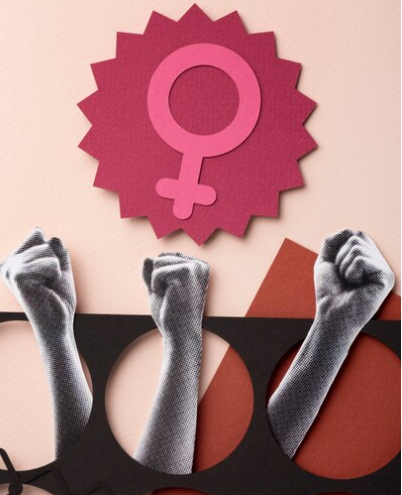Female genital mutilation (FGM) casts a long shadow over millions of girls and women globally. This harmful practice, deeply rooted in cultural norms, demands a shift in approach, one that puts survivors at the forefront of the movement to eradicate it.

Why elevate survivor voices?
- Unparalleled Expertise: Survivors possess invaluable knowledge about FGM’s physical, emotional, and social consequences. Their experiences inform impactful solutions that resonate with affected communities.
- Empowering Changemakers: Sharing their stories allows survivors to reclaim their narrative, break the silence, and inspire others to speak up. This empowers them to become agents of change within their communities.
- Authenticity and Credibility: Survivor testimonies hold immense power, fostering empathy and understanding among policymakers, healthcare professionals, and the wider public. This leads to more effective and culturally sensitive interventions.
Elevating Survivor Voices:
- Decision-Making Inclusion: Actively involve survivors in designing and implementing anti-FGM programs, ensuring their needs and perspectives are reflected.
- Supporting Grassroots Leadership: Fund and amplify the work of survivor-led organizations, who are closest to the realities and challenges faced by affected communities.
- Creating Safe Spaces for Sharing: Provide culturally sensitive platforms for survivors to share their experiences without fear of stigma or judgment. This can include storytelling workshops, support groups, and media opportunities.
- Prioritizing Well-being: Ensure the mental and physical well-being of survivors involved in advocacy, offering ongoing support and trauma-informed care.

Survivor Leadership in Action:
- Waris Dirie: A former model and UN spokesperson, Dirie used her platform to raise awareness about FGM and established the Desert Flower Foundation to support survivors.
- Faiza Mohamed: A survivor and founder of “No FGM Today,” Faiza empowers communities in Kenya to abandon FGM through education and dialogue.
- The Orchid Project: This organization, led by survivors in Sierra Leone, provides holistic support to girls at risk of FGM and works to change community attitudes.
Moving Forward:
Amplifying survivor voices is crucial to shifting the narrative. Their courage, expertise, and leadership are essential to building a world where every girl can reach her full potential, free from harmful practices.

Remember, ending FGM is a collective responsibility. Let us support survivor leadership and accelerate progress towards a future free from this harmful practice.
Additional Resources:
- UN Women: Visit their website for more information on their work to end violence against women.
- UNICEF: Access comprehensive data and resources related to FGM.
- World Health Organization: Explore their publications and recommendations to address FGM.
Let’s work together to create a world where these resources are not needed, a world where survivors’ voices resonate not only as stories of pain, but as testaments to their strength and leadership in building a brighter future.








